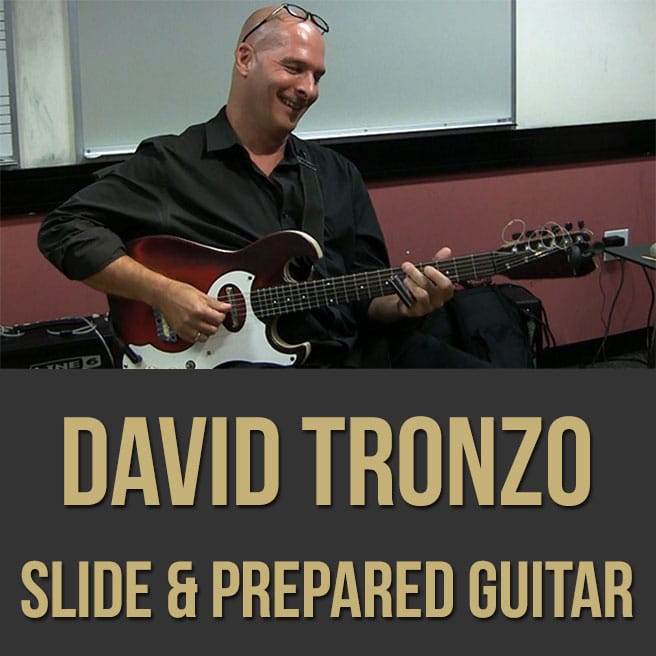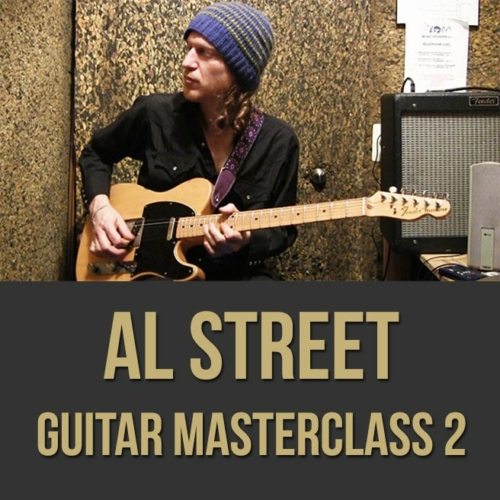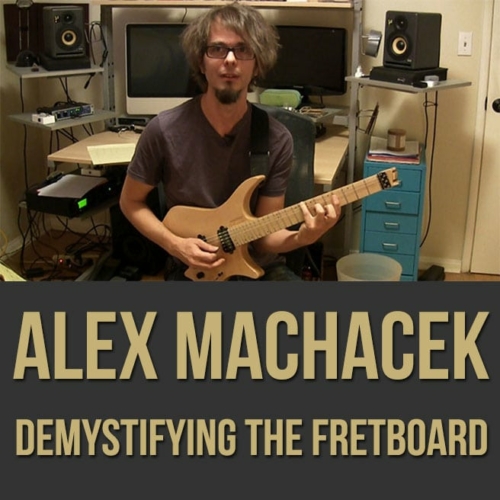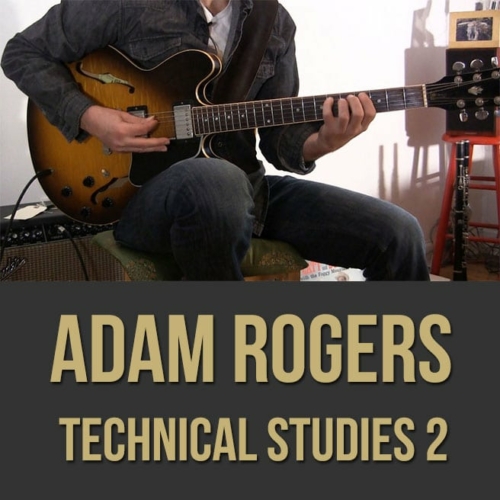Product Description
Length:
44:30
Subtitles:
English, Italian, Portuguese, Spanish
Description:
In this slide and prepared guitar masterclass, acclaimed guitarist David Tronzo gives you insight into his fascinating and unique style. David discusses and demonstrates slide techniques, fingerpicking, sonic creativity and prepared guitar. If you want to take a close look at Tronzo's innovative techniques, this guitar lesson is for you.
Topics Covered: Slide Guitar, Prepared Guitar, Avant-garde Jazz, Finger Behind the Slide, Diads, Triads, Left Hand Technique, Fingerstyle, Alternative Slide Types, Jazz Harmony, Emulating Other Instruments, Zither Sound, Oud Sound, Double Stops, Chords, etc.
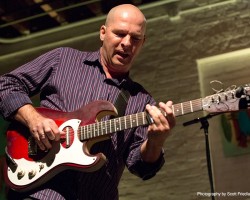
“I specialize in a specific technical area of guitar playing known as slide or bottleneck guitar. When I first started to play, I figured out how to advance this area of guitar playing, particularly the technical aspect, to bring it into different kinds of music. I ended up developing systematic innovations in the technical repertoire.”
“When I was 11, I heard a live band and it was kind of an epiphany. I couldn’t believe the effect the music was having on my surroundings, not just on me. And I thought, ‘I have got to explore this.’ I’d had no music training at that point, but by the time I was 13 I figured out that I wanted to play guitar. I was completely self-taught. By the age of 15, I was playing five nights a week, though I really just had three good notes and five good chords.”
“I started playing gigs even before I felt I was ready. But that’s the beauty of the music business—there’s so much on-the-job development. The constant discomfort from taking on things before you’re ready can be corrosive, though—you need to be able to manage it. The balancing factor is when the task itself is exciting and inspiring, and you know it’s right. Then it just becomes a question of how much approval you need, and in what form.”
“A lot of the experiences I’ve had on the job are what I call ‘threshold experiences,’ meaning that I’m on a threshold I cannot cross over myself; someone on the other side has to pull me across. When I do cross over, my music is verifiably different.”
“Each student I work with at Berklee is an individual whose life is following a certain trajectory. I’m seeing just one short segment of that path during one brief period in their time with me. I don’t have a view of what came before, and just the barest instinct about the future of that path. My goal is to try to help students during that small window in a way that will actually fuel them to go on. To do that, I stress the craft of playing, which is both concept and technique. Because without craft development, even the greatest ideas remain unheard.”



